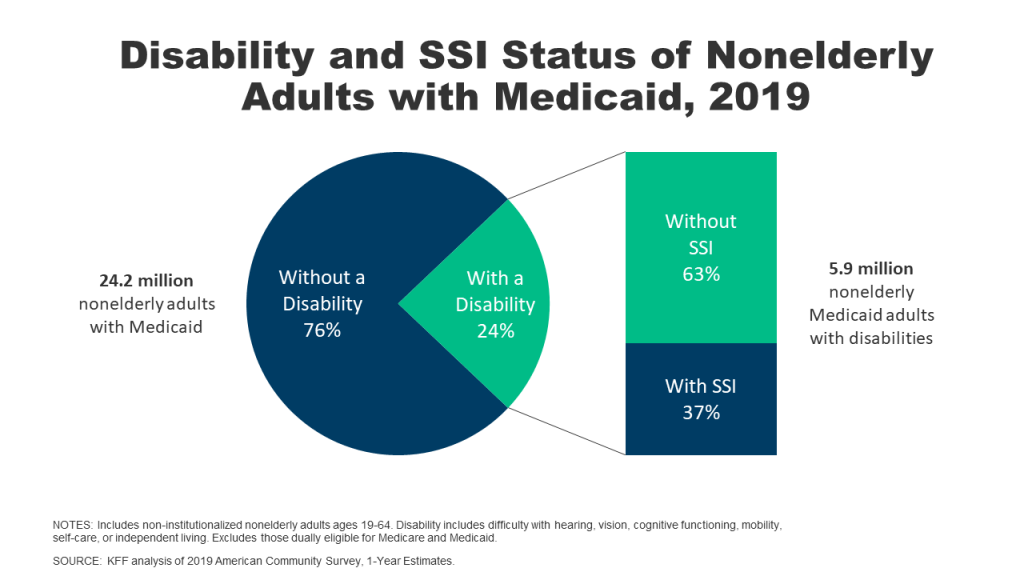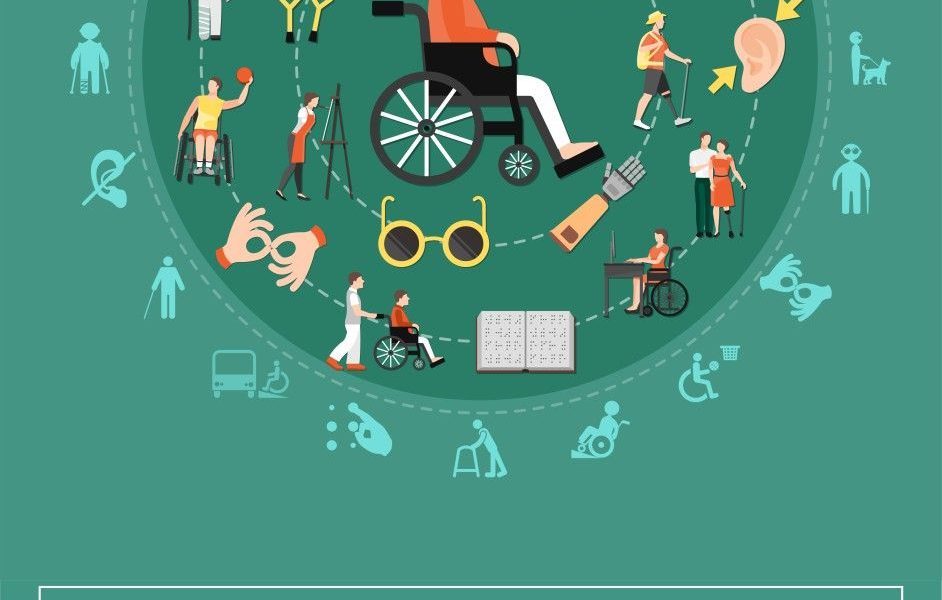Disability Care Act
The Disability Care Act covers persons with disabilities who live in their own home. It aims at giving disabled people more independence. It also aims to improve the quality of life for these people so they can enjoy more and do more. The Act covers all the aspects of the life of a disabled person, such as medical care, personal care and assistance with activities of daily living (ADL). It also stipulates that people with mental impairments must be cared for in an assisted living facility, nursing home, or other similar facilities.

Disability Care Act
“Live-in care” refers to the services that disabled carers offer to those who are in need. Live-in care involves both skilled and non-skilled help. Hometouch refers to any equipment or devices a caregiver uses in order to assist the client. These include hearing aids and mobility scooters, canes, walkers, and wheelchairs. Some clients may need assistance in dressing and grooming. Other equipment that may be needed include toilet seats, sinks, grab bars, commodes and toilet seats.
Disability Care Act
The United Nations Conference on Human Rights recognizes the right to live in accordance with the decisions of others. The right to effective higher education, health, and well-being, as well as security of personal and financial rights, and respect for the principles equality, privacy, and freedom, includes the right of work, vocational training, and employment.
Disability Care Act
However, the global right to meaningful and fair employment is still recognized. This right to work should not be restricted due to disabilities. According to the International Labor Organization (ILO), people with disabilities have the right set their own In home care services Melbourne and choose their work. They can also take their own breaks. The work requirements of a person with a disability should not be based on their age, gender, legal status, or other factors. People with disabilities are also entitled to full participation in social and community life.
There are many options available to persons with disabilities for accessing higher education, vocational and employment. Sometimes, however, these options and measures may not be accessible due to inability to travel, relocate or attend courses according to their needs and requirements. These individuals are provided adequate protection by the Disability Discrimination Act. It requires employers, organizations, and government authorities to take steps in order to protect their rights.
The United States Federal report on Rights of Persons with Disabilities’ concluding remarks indicates that there is still much work needed to protect the rights of these people. “There are inadequate resources to provide all persons with disabilities equal opportunities for employment and promotion. These people may be overlooked by laws and policies. Due to the increasing complexity of lives for persons with disabilities, a comprehensive approach is needed to protect and promote their rights.
The main feature of the Disability Discrimination Act is the guarantee of equal opportunity. The Act provides protection against unfair treatment at work, as well as protection against discrimination in education and training, public services, accommodation, medical and other programs, employment, in public accommodations and use of public utilities. It also protects against discrimination on the basis of race, gender and sexual orientation. The Act allows persons with disabilities equal opportunity under its various sections. However, the Act doesn’t cover all aspects of persons who have disabilities. Persons with a mental or physical disability that is affecting their ability to live normally are not entitled to the rights provided by the Act.
The Act does not apply to persons with mental illness. Persons with learning disabilities, as well as those suffering from mental illness, cannot be benefited by the Act. In an effort to understand the complex needs of people with learning disabilities, the United Kingdom government introduced many disability research programs. Many disability research projects are underway in the United Kingdom, and elsewhere around the globe. Some of these projects may be managed by the government or organizations affiliated with the government.
The United Kingdom constitution contains many provisions which are in line with international human rights conventions. The United Kingdom’s Department of Health is the main body that deals with disability issues day-to-day. A disability information center provides information about rights and welfare of people with disabilities. For more information about disability awareness-raising in the United Kingdom, visit this United Kingdom disability information centre.
